Our motivation for developing OpenSanctions is to create a tool for political accountability: we believe that giving journalists and civil society access to high-quality sanctions and persons of interest data empowers them to do their job better.
At the same time, there are significant benefits to business users in adopting OpenSanctions. Persons of interest data can be used in a broad range of applications, from open source investigations, know-your-customer checks, or data forensics.
An open data-based approach reduces the amount of repetitive data aggregation and cleaning that companies have to do. Maintaining and expanding a fleet of crawlers is a cost center, and commercial databases often impose use-based pricing schemes that artificially limit what processes can be implemented.
What's more, the openness and auditability of our project also creates transparency on data quality. As an open source project, we make it easy to not just use the data as-is, but also step behind the curtains and see how it is generated, suggest improvements and even make extensions and build upon the existing architecture.
That’s why we believe that OpenSanctions will serve as an open data commons for business users, a shared resource that business can rely upon to build innovative and needs-driven services and products.
At the same time, operating and expanding OpenSanctions - the crawlers, data normalization pipeline, and soon, an API, costs time and money and isn't sustainable without resources. That is why, after a thorough discussion, we've decided to adopt a licensing scheme for business users of OpenSanctions.
As of today, OpenSanctions data is available under the terms of the Creative Commons Attribution-NonCommercial 4.0 International Public License. This license allows non-commercial users to continue to freely use the data. We've also added clarifying zero-cost license terms for journalistic and human rights groups.
Business (and public sector) users are asked to get in touch with us when adopting the dataset. This way, we can discuss terms under which companies can provide support that will ensure the sustainability of our project.
Of course, we do not want licensing to exclude organizations who cannot support us for financial or even procedural reasons. In those cases, simply talk to us about zero-cost licenses.
We hope that by adopting this new licensing scheme, we will be able to build OpenSanctions out into a sustainable commons that can serve as a tool for both political accountability, and business innovation.
